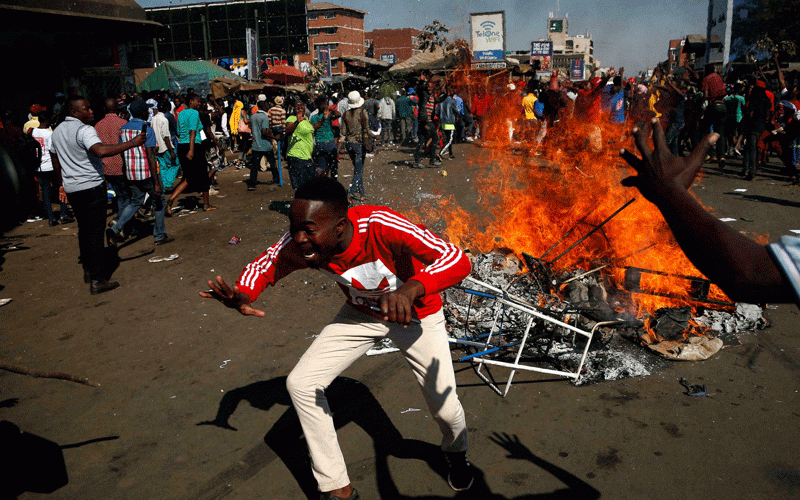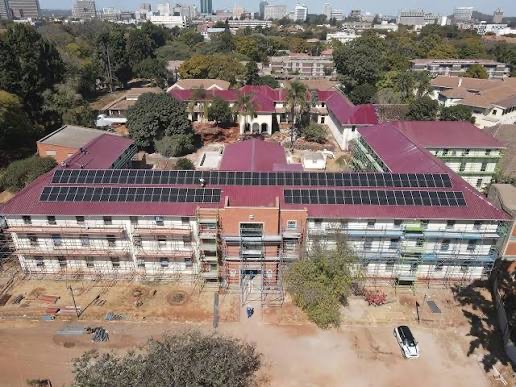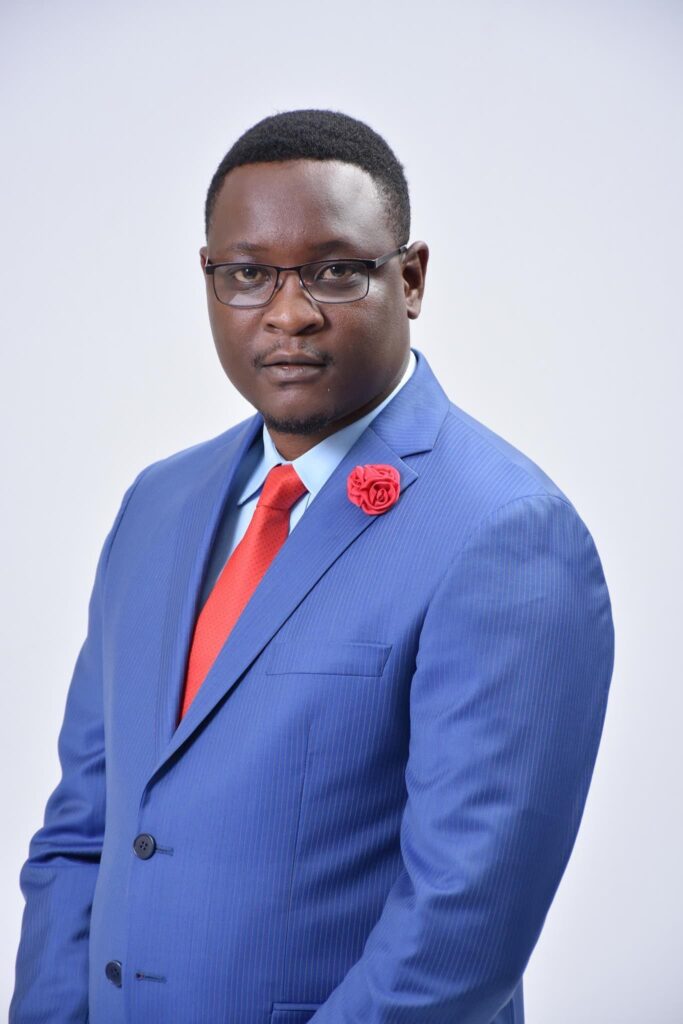By Obert Masaraure
OPINION — I remember those long Christmas walks from my village to Maware Shopping Centre in Chikomba.
We’d walk about eight kilometres, laughing and chatting all the way.
Some lucky kids had brand-new shoes — shiny and stylish.
But halfway there, the blisters came, and so did the tears.
The best shoes for that trip weren’t the fancy ones.
They were the old, dusty “tenderfoots” from Bata or Tommy — simple, reliable, and built for the long road ahead.
That lesson still sticks with me: the vehicle must match the journey
. Drivers stuck in gridlock might envy a cyclist weaving through traffic, but each has their own terrain.
The same rule applies to Zimbabwe’s struggle.
When I speak of a broad people’s movement — a vehicle for everyone — some comrades say, “Let’s first find the perfect leader.”
They imagine someone eloquent, charismatic, ticking every box.
But chasing a saviour ignores the real terrain we’re on — the rough, unforgiving political landscape of Zimbabwe.
Our road to a free and prosperous Zimbabwe — our Canaan — isn’t a smooth highway.
It’s rocky, full of sharp turns, blocked by two huge obstacles: a ruthless dictatorship and grinding poverty.
That journey doesn’t need a lone driver in a luxury car.
It needs a sturdy, collective machine — built for endurance, not elegance.
History shows us this truth again and again.
When the children of Israel wandered through the desert, they didn’t need a philosophical leader delivering nice speeches.
They needed Moses — practical, firm, and full of faith — who built a shared leadership that carried the people to the Promised Land.
My fellow countrymen, a single “perfect” leader navigating Zimbabwe’s political jungle risks being swallowed by the system or eliminated by it.
Of course when that happens, the journey stops.
Think of many charismatic figures in liberation struggles — often celebrated, sometimes martyred, but rarely the ones who built lasting change.
A robust movement, however, is far harder to dismantle.
Look at the early Christian Church — it spread not through one apostle, but through countless small groups meeting in homes and synagogues.
The same goes for the Anti-Apartheid Movement — powered by local organisations, trade unions, and solidarity networks.
Collective leadership gave them staying power.
That’s why the Zimbabwe Solidarity Movement’s call for a “Coalition of the Dispossessed” strikes a deep chord with me.
It’s our “tenderfoot” solution — practical, grounded, and built for the harsh road ahead.
Here’s how it works: you join by forming a Solidarity Cell in your community.
These cells are the engine blocks of the movement.
They identify local issues — the daily potholes of poverty and oppression — and mobilise resistance and real solutions.
When these cells link up across the country, united in purpose, they form an unstoppable vehicle — a people’s movement strong enough to cross the wilderness and reach Canaan.
Leaders rise naturally from this process, grounded in community struggles and united by shared purpose.
That’s how revolutions succeed — like in the American Revolution, where Committees of Correspondence linked far-flung colonies into one force.
Some look down on comrades who leave for studies abroad.
We shouldn’t.
Like Moses learning in Pharaoh’s court or Paul using his Roman education to spread the Gospel, those comrades return with skills, ideas, and networks we all need.
They become our technocrats, strategists, and bridge-builders.
Our struggle needs both the “foot soldiers” walking dusty roads and the “technocrats” mapping the way forward. M
As the saying goes, “Without theory, practice is blind; without practice, theory is sterile.”
Those who return help us connect the two — grounding our vision in reality.
So let’s stop chasing the mirage of a perfect leader in perfect shoes.
What Zimbabwe needs is the right vehicle: a broad, resilient movement of the people, for the people.
Build your cell.
Join the Coalition.
Let’s craft the machine that can carry us all to Canaan.
The time for collective action is now.
About the Author:
Obert Masaraure is the National President of the Amalgamated Rural Teachers Union of Zimbabwe (ARTUZ), a social justice and human rights defender known for championing the rights of educators and marginalised communities. He writes in his own capacity.



